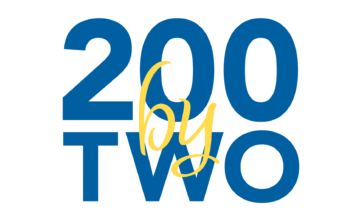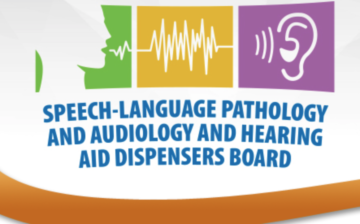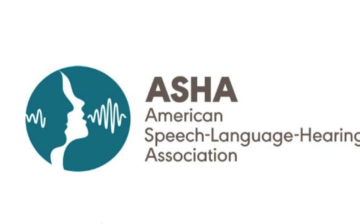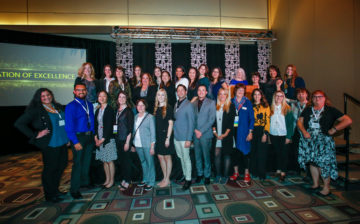CSHA

Together, we can make the 2s terrific!
Learning to Communicate Babies are busy. There’s so much to do those first two years, like crying, smiling, waving, playing. They’re signs a child is learning to communicate. Parents are busy, too, so they need all the help they can get to identify the signs of age-appropriate communication — and what to do if those …[Read More]

California Teacher Credentialing
Need to find out more information on the status of your teacher’s credential as a California educator. Learn more from our Q&A series on licensing and credentialing.

Take a Look Back at CSHA 2019
Planning on attending CSHA 2020? Convergence 2020, the CSHA Annual Convention, will be held at the Anaheim Marriott, March 19-22, where nearly 3,000 SLPs, SLPAs, AuDs, students and medical professionals gather to share expertise, learn and connect. It’s the hub for cutting-edge workshops on evidence-based practices and recent advancements in the speech, language and hearing …[Read More]

NEWS RELEASE: CSHA releases 200 by Two resource guide
The California Speech-Language Hearing Association (CSHA) has released an educational video and supporting online resource guide to help parents, medical professionals, educators and speech-language pathologists evaluate where a child is on the path to age-appropriate language skills and determine if intervention or support is needed.

Verify License
Need to verify your California SLP, SLPA and/or audiologist license? Learn more from our Q&A series on licensing and credentialing.

Licensure within California
Need to learn more about licensure in the state of California? View our Q&A regarding SLP, SLPA and/or audiologist licensure within California.

Certificate of Clinical Competence (CCC)
Do you have a question about your Certificate of Clinical Competence (CCC). Learn more from our Q&A series on certificate of clinical competence.

CSHA 2019 Celebration of Excellence Awards
We are proud to acknowledge and honor our Celebration of Excellence recipients at the 2019 CSHA Convention. View their stories and see why CSHA is proud to acknowledge them for their efforts.

Revising Larry P. and African American Student Language Assessments: Clarification and Updates (2019)
In 2019, a presentation was made at the 2019 CSHA annual convention on Revising Larry P. and African American Student Language Assessments: Clarification and Updates (2019) by Toya Wyatt, Ph.D, CCC-SLP Department of Communications Sciences and Disorders at Cal State Fullerton. The Larry P. v. Riles (1979) court case is the basis for the law that …[Read More]
